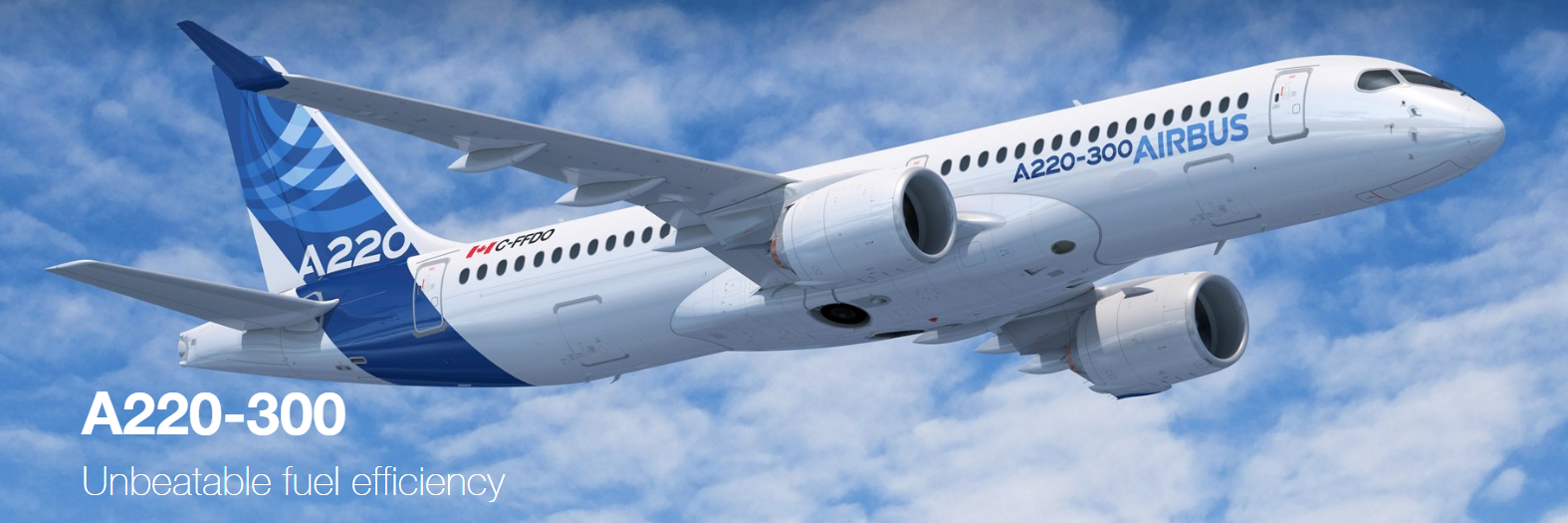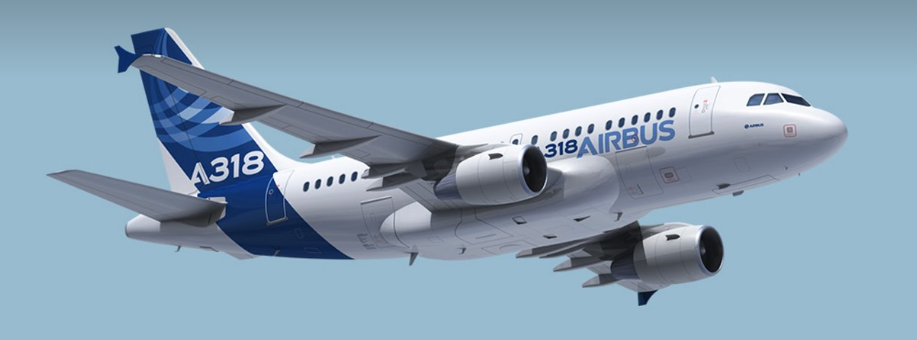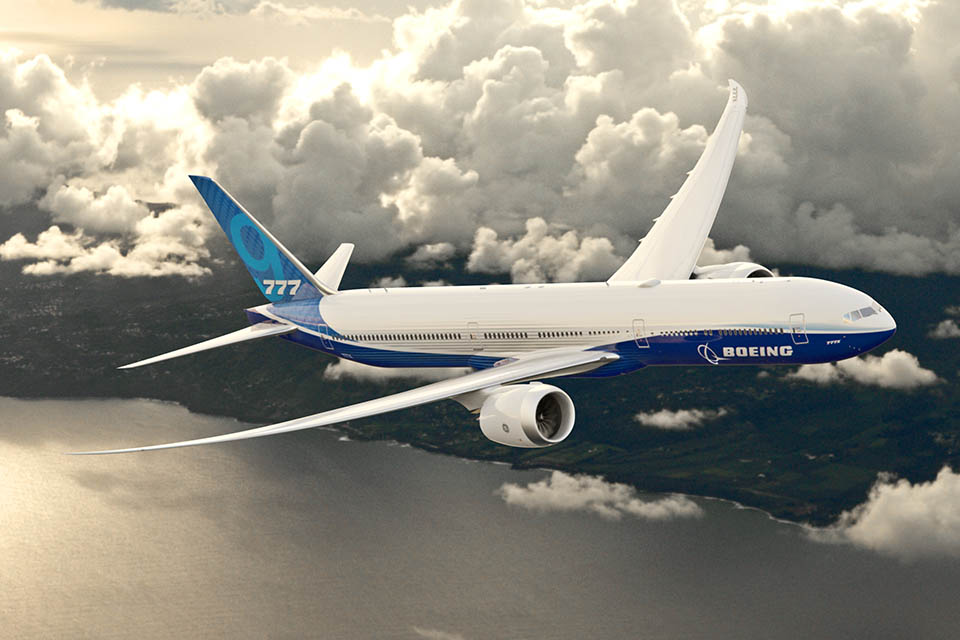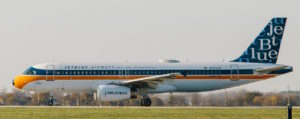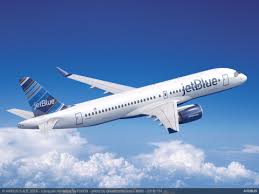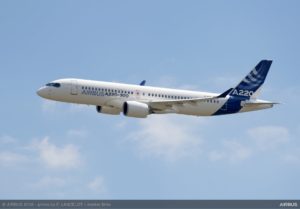SAO PAULO/PARIS (Reuters) – Boeing Co (BA.N) struck a deal for a controlling stake in the commercial aircraft arm of Brazilian planemaker Embraer SA (EMBR3.SA) under a new $4.75 billion joint venture, the firms said on Thursday, reshaping a global passenger jet duopoly.
The new company, encompassing Embraer’s airliner business, thrusts Boeing into the lower end of the market, giving stiffer competition to the CSeries jets designed by Canada’s Bombardier Inc (BBDb.TO) and backed by European rival Airbus SE (AIR.PA).
The memorandum of understanding signed by Boeing and Embraer values the Brazilians’ commercial aircraft operations, the world’s third-largest, at $4.75 billion and Boeing’s planned 80-percent stake in the venture at $3.8 billion.
The Boeing-Embraer alliance, following on the heels of the Airbus-Bombardier tie-up announced last year, represents the biggest realignment in the global aerospace market in decades, strengthening established Western planemakers against newcomers from China, Russia and Japan, analysts say.
Chief Executive Paulo Cesar Silva told employees in a note reviewed by Reuters that consolidation in the aerospace supply chain had also forced Embraer’s hand.
“This has been happening with both our suppliers and our clients. They have started to organise in big blocs, making it harder for companies of Embraer’s size to negotiate,” he said.
Embraer shares fell 10 percent in New York and nearly 15 percent in Sao Paulo on disappointment at the financial terms of the long-awaited deal.
The price tag for Embraer’s commercial aviation unit was “significantly lower” than early reports, according to analysts at Vertical Research Partners, who underscored in a client note that a deal must still clear political and regulatory barriers before closing as proposed at the end of next year.
“We also see strong odds of Embraer shareholders demanding a higher price for the stake in the commercial segment,” wrote BTG Pactual analysts Renato Mimica and Samuel Alves in a note.
The partnership, which adds a 70- to 130-seat family to Boeing’s lineup, is expected to boost the U.S. firm’s earnings per share from 2020, generating annual pre-tax cost savings of about $150 million by the third year, the companies said.
Boeing shares were little changed on Thursday.
CASH AND DEBT
Embraer will transfer much of its debt to the new venture and receive cash from Boeing, Embraer executives told analysts.
About a fifth of the cash payment will go to taxes and the rest could be split between share buybacks, a special dividend, deleveraging and new product development, they said.
Silva told employees in his note that Embraer would improve its cash position by $1 billion once the deal closes, allowing more investment in new projects.
Embraer will hold the remaining 20 percent of the Boeing joint venture and keep control of its defence and business jet operations. Concern over U.S. influence in military programs had raised flags in the Brazilian government, which holds a strategic veto at Embraer dating back to its privatisation.
However, recent signals from Brazil’s President Michel Temer and military officials suggest the government is satisfied with the new structure of the tie-up, as long as Brazilian jobs are maintained and Embraer continues to develop new technology.
One government official said the deal as announced on Thursday was likely to get approval in Brasilia. Another official said government approval was not certain and would depend on the final details presented later this year. Both spoke on the condition of anonymity.
In addition to the passenger jet deal, Boeing and Embraer will deepen a sales and services partnership on the new KC-390 military cargo jet through a separate defence venture that is likely to eventually receive a joint investment, Silva said.
A union of metalworkers in Sao Jose dos Campos, where Embraer is based, said in a statement it would “pressure” the federal government to use the golden share it owns in Embraer to veto the deal.
The Embraer-Boeing tie-up took shape more than two years after the idea was first presented internally to Boeing’s board and reflects a longstanding affinity between the two planemakers, a person familiar with the discussions said.
However, the pressure for an alliance accelerated when Airbus last year announced it would take control of the CSeries jet, which had been struggling in its battle with Embraer at the small end of the airliner market.
That deal put enormous marketing weight behind Embraer’s competitor, while for Boeing the transatlantic tie-up threatened to expand the revenue base of its European arch-rival.
“The Boeing-Embraer announcement confirms the strong market potential in the 100- to 150-seat category,” Airbus said through a spokesman. “Boeing and Embraer are following Airbus and Bombardier.”
(Reporting by Brad Haynes in Sao Paulo and Tim Hepher in Paris; Additional reporting by Arunima Banerjee in Bengaluru, Lisandra Paraguassu in Brasilia, Paula Laier, Flavia Bohone and Tatiana Bautzer in Sao Paulo; and Tracy Rucinski in Chicago; Editing by Daniel Flynn, Nick Zieminski and Lisa Shumaker)



